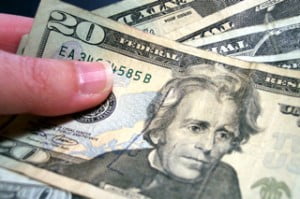Do You Have to Repay What You Owe in Bankruptcy ?
The answer depends on which chapter you file.
Chapter 13 bankruptcy is court-approved repayment plan that helps debtors make affordable payments
on debt obligations.
Chapter 7 bankruptcy can eliminate qualifying debts through a discharge approved by the court.
Once you have a better idea where you stand with your finances and how
you qualify for bankruptcy, you will know which chapter is the best solution.
Chapter 13 is a repayment plan that often lasts 3 to 5 years. It is based
on the debtor’s ability to make payments by reviewing monthly earnings.
If you do not qualify for Chapter 7, have non-exempt property you want
keep, or have debts not eligible for discharge, this chapter can help.
Debtors who want to bring their mortgage current after falling behind on
payments to
avoid foreclosure benefit from filing Chapter 13. You can
prevent repossession of your vehicle if you are behind on loan payments. You may be able to
reduce the principal value of the vehicle depending on how long you owned
it. Back taxes, child support, and alimony payments can also be made through
this plan.
Chapter 7 bankruptcy may allow for debts to be wiped out or eliminated
if they are considered unsecured debts. Examples include
medical bills, credit card debt, personal loans, payday loans, and other debts. Both
chapters can help you protect assets from creditors, but Chapter 7 can
help you liquidate assets to pay creditors if this is an option. If you
have any questions about the bankruptcy process feel free to
contact us today for a free consultation.
Reference:
http://blog.credit.com/2014/04/will-bankruptcy-wipe-out-my-debt-80085/
